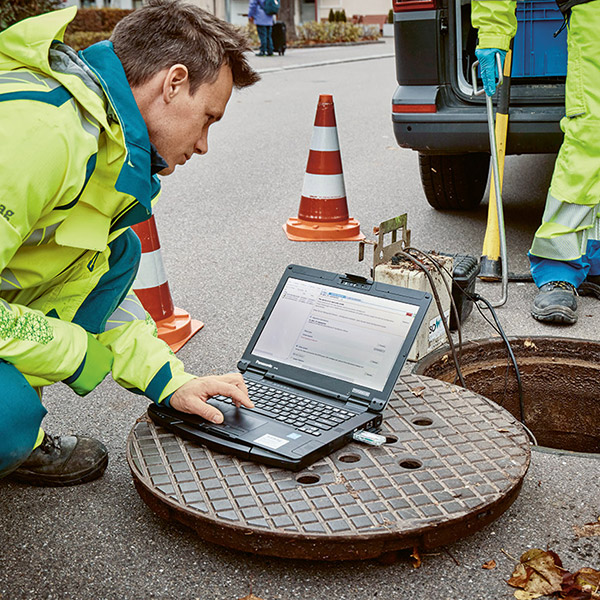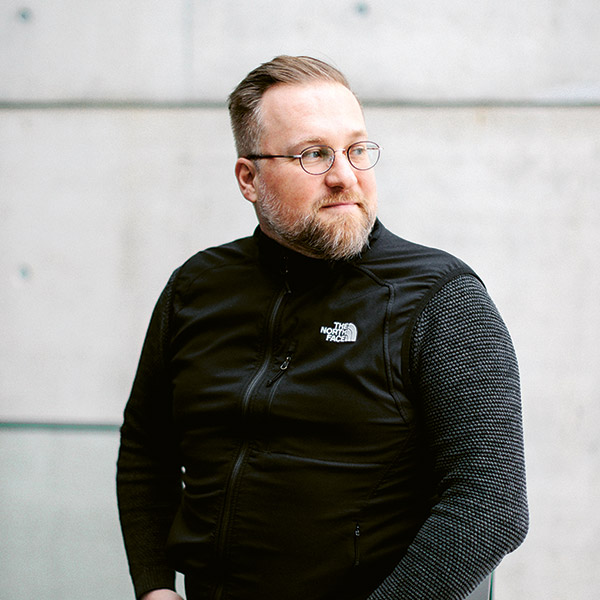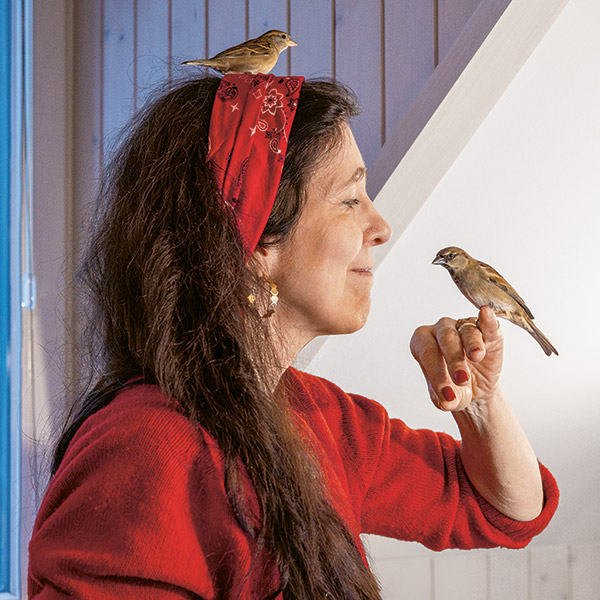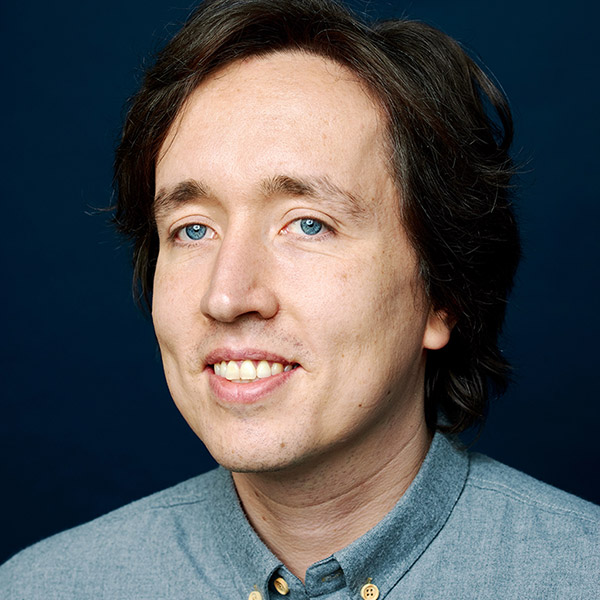“And then, all of a sudden, it worked”
Over the past eight years, Johann Schneider-Ammann has had a major impact on the Swiss science scene. The Head of the Federal Department of Economic Affairs, Education and Research talked to Horizons shortly before the end of his term of office.
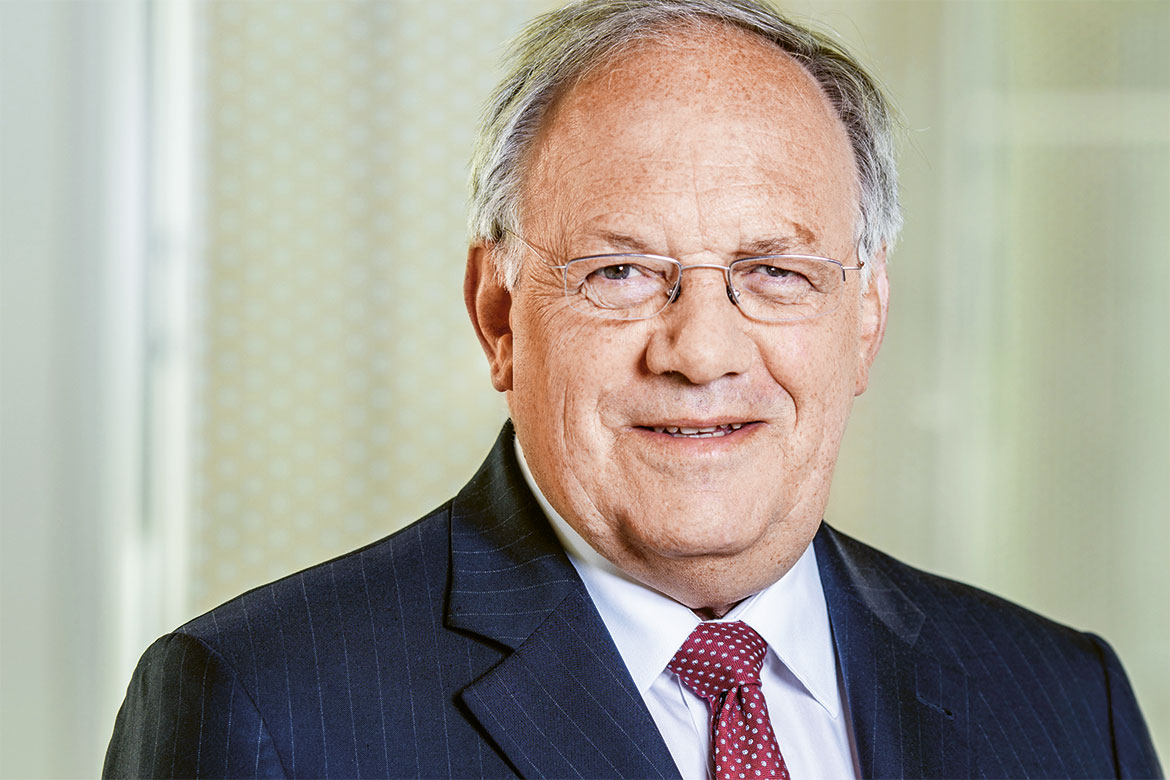
Image: Béatrice Devènes
You studied electrical engineering at ETH Zurich. Why?
Back then, I was interested in modern technologies, especially in the electronic components called thyristors, which were used in many diverse applications at the time. I wanted to learn as much as possible about future-oriented projects. In general, I was interested in mathematics, physics, chemistry and materials sciences. My only regret today is that I didn’t study a foreign language.
Did you work on any research projects back then?
Yes, while I was doing my degree I participated in a project entitled ‘The transient behaviour of the solar collection system’.
What were your ‘eureka’ moments in science?
Once, when I was busy with an assignment, a nanosecond experiment kept failing. I was ready to give up, but my professor gave me an extra day to hand it in. And then, all of a sudden, it worked.
What scientific success has given you the greatest pleasure?
‘Pleasure’ isn’t perhaps the right word, but I was intensely fascinated by the Apollo moon landing in 1969. I can still remember listening to it on the radio, spellbound, up in the Weissmieshütte, some 2,700 metres above sea level.
And in your own career as science minister?
That would without question be the agreement on our full association with the EU Research Framework Programme Horizon 2020, as of 1 January 2017.
What do you regard as the biggest challenge to Swiss research?
At present: everything to do with digitalisation. It would be good to know what’s going to be tough for us, or where we risk getting our fingers burnt.
What scientific discovery would you like to see in the next ten years?
We know far too little about the Earth’s oceans. They are probably far more diverse than we suspect.
From January 2019 onwards you’re going to have more time to yourself. What non-fiction book have you long been wanting to read?
I have several books about the future of blockchain on my desk. I hope they’ll be able to give me more information about how this technology functions.

